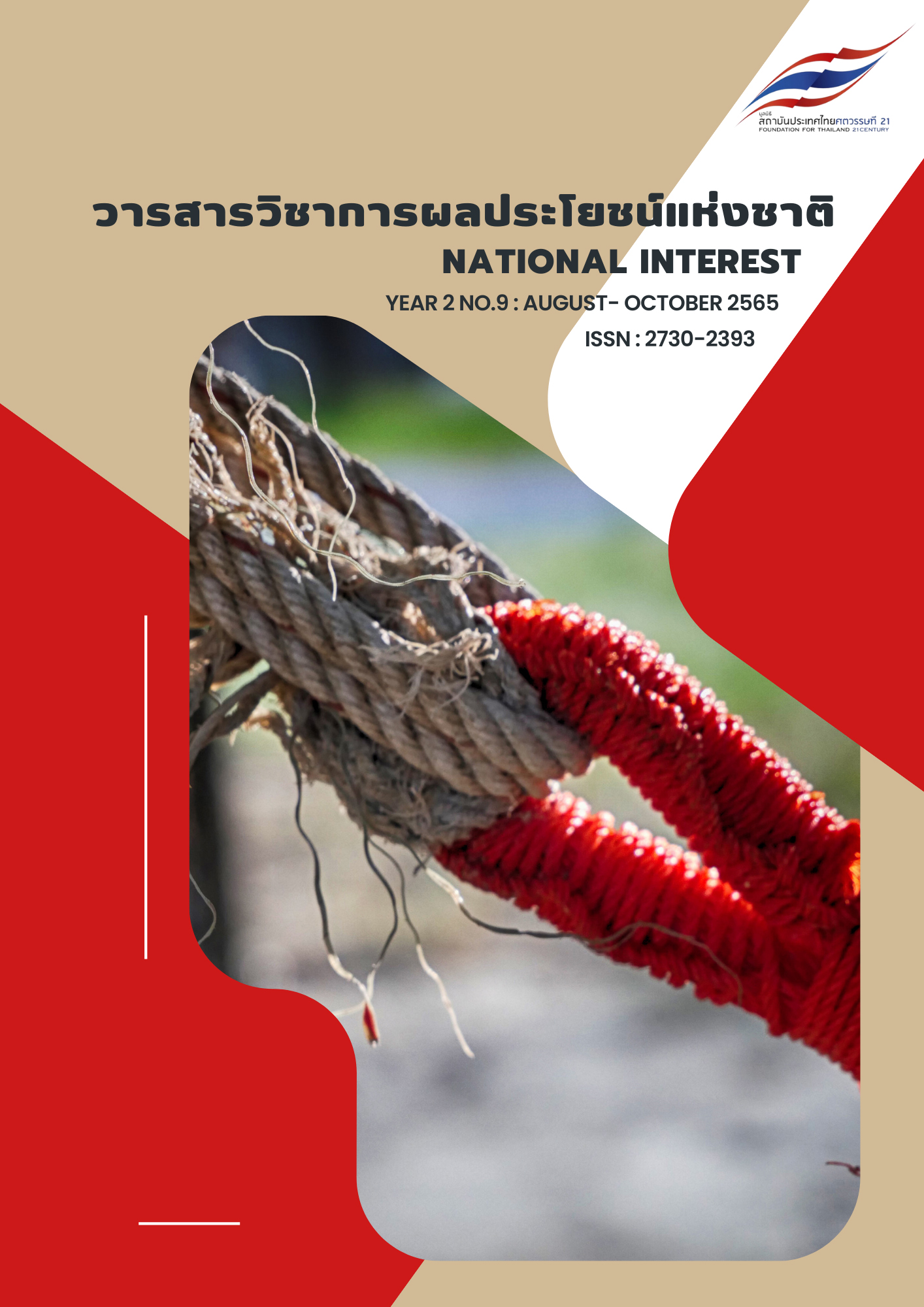The Phenomenon of Political ‘Fan Clubs’ in the Republic of Korea Key Features and Implications
Main Article Content
Abstract
This article is focused on the problems of the development of so-called ‘political fan clubs’ as a peculiar form of civil society and political participation in the contemporary Republic of Korea. With a reference to the phenomena of political clientelism and political populism, the article argues that the rise of political fan clubs has been a result of an interplay between the pre-established South Korean tradition of political clientelism and the more contemporary brand of populism which has spread to South Korea as well. The theoretical foundation of this article is concerned with linking the insights regarding the relationship between clientelism and populism as a form of political participation while using the case of South Korea as an empirical material. In so doing, the ambivalence of the phenomenon of political fan clubs and their further implications for the development of electoral democracy in South Korea have been duly considered. As it has been shown that the political fan clubs often need an organizational basis in order to have a permanently stable connection, it follows that populist and clientelist ties are mixed up. These politician fan clubs then do not represent an alternative to political clientelism, but rather complement the existing clientelist model of political participation.
Article Details

This work is licensed under a Creative Commons Attribution-NonCommercial-NoDerivatives 4.0 International License.
Thai Journal of National Interest Academic Journal under Creative Commons Attribution-NonCommercial-NoDerivatives 4.0 International License The journal allows access or distribution of academic work without charge or registration. To support the exchange of knowledge Scope covers academic work in geopolitics. Geoeconomics and Innovation
Users can share, copy and distribute all information published in National Interest Academic Journal in any form or medium subject to the following conditions:
Citation — Permission to use, reproduce, distribute, or modify the work. But credit must be given to the owner of the work. If the work is used without credit, the name of the owner of the work will be Must obtain permission from the owner of the work first.
Noncommercial — The work may be used, reproduced, distributed, or modified. However, the work or article may not be used for commercial purposes.
Cannot be modified — The work may be used, reproduced, and distributed. But do not modify the work. unless permission is received from the owner of the work first
References
Afonso, A., Zartaloudis, S., & Papadopoulos, Y. (2015). How party linkages shape austerity politics: Clientelism and fiscal adjustment in Greece and Portugal during the eurozone crisis. Journal of European Public Policy, 22(3), 315-334.
Barr, R. R. (2009). Populists, outsiders and anti-establishment-politics. Party Politics, 15(1), 29-48.
Eatwell, R., & Goodwin, M. (2018). National populism: The revolt against liberal democracy. Penguin UK.
Eisenstadt, S. N., & Roniger, L. (1984). Patrons, clients and friends: Interpersonal relationships and the structure of trust in society. Cambridge University Press.
Jenkins, M., Sriram, S., & Choi, J. (2016). A comparative analysis of collective action frames in Nosamo and the Tea Party. Asian Journal of Comparative Politics, 2(3): 293-307.
Jeong, H. O. (2017). Election debate (issue) and voting behavior. In Korean Political Science Association (Ed.), An external evaluation of the 19th Presidential Election (pp. 329-361). Seoul: National Election Commission.
Kenny, P. D. (2017). Populism and patronage: Why populists win elections in India, Asia, and beyond. Oxford University Press.
Kern, T., & Nam, S.-H. (2009). The making of a social movement: Citizen journalism in South Korea. Current Sociology, 57(5), 637-660.
Kim, W.-b. (2017). Language, emotion and collective behaviour: The case of anti-impeachment rally of President Park Geun-hye. Munhwa-wa Sahoe, 25, 7-59.
Kimura, K. (2009). A populist with obsolete ideas: The failure of Roh Moo-hyun. In K. Mizuno & P. Phongpaichit (Eds.), Populism in Asia (pp. 167-180). Singapore: National University of Singapore Press in association with Kyoto University Press.
Kitschelt, H. (2000). Linkages between citizens and politicians in democratic polities. Comparative Political Studies, 33(6/7), 845-879.
Laclau, E. (2005). On populist reason. Verso.
Laclau, E. (2007). Emancipation(s). Verso.
Lee, M. (2008). The logic of populist discourse and its cultural frame in Korea: An analysis of the former president Roh Moo-Hyun’s reformist rhetoric. Journal of Social Sciences, 4(3), 178-188.
Mouzelis, N. P. (1985). On the concept of populism: Populist and clientelist modes of incorporation in semiperipheral polities. Politics and Society, 14(3), 329-348.
Mudde, C. (2004). The populist Zeitgeist. Government and Opposition, 39(4), 541-563.
Mudde, C., & Rovira Kaltwasser, C. (2017). Populism: A very short introduction. Oxford University Press.
Nam, S.-H. (2017). Spontane Mobilisierung und der Wandel kollektiver Formationen im Internet. Eine Fallstudie zur PEGIDA-Bewegung. Forum Qualitative Sozialforschung, 18(1).
Nam, S.-H. (2019). Intermediäre Akteure hinter den Kulissen demokratischer Wahlen. Der Fall Südkorea. ASIEN, 150/151, 52-71.
Nam, S.-H. (2021). PEGIDA: Identity formation of ‘the people’ in times of crises. International Journal of Sociology, 51(2), 163-170.
National Election Commission. (2013). A Survey of Voters’ Perception in the 18th Presidential Election. Seoul: Daehan Inshwaesa.
Plattner, M. F. (2010). Democracy’s past and future: Populism, pluralism, and liberal democracy. Journal of Democracy, 21(1), 81-92.
Theobald, R. (1992). On the survival of patronage in developed societies. European Journal of Sociology, 33(1), 183-191.


